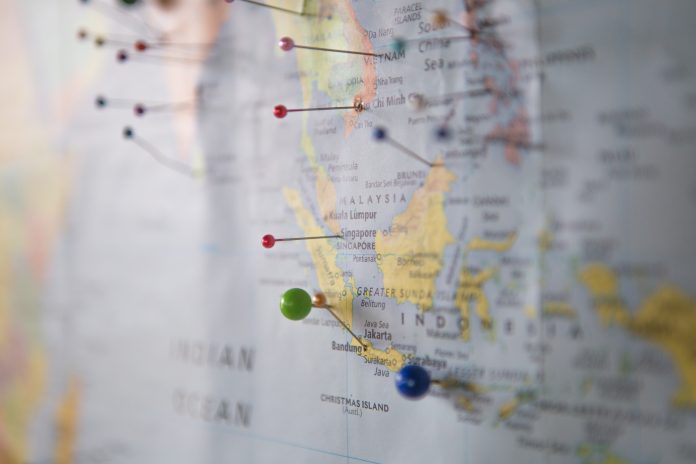Currencycloud, an international payment solution and infrastructure developer, has released a report exploring the future of payments in APAC.
The report was created on the back of a panel it hosted in Singapore. The panel included Aspire regional head of sales Thomas Jeng, Visa SVP and head of new payment flows T.R. Ramachandran, TransferClear CEO and co-founder Sam Yap and Currencycloud chief product officer Stu Bailey.
In the report it outlined that Covid-19 has accelerated the digitalisation of commerce in APAC. For example, it claims that in India there are 2.4 billion real-time payments made each month. It added, ?This is backed up by a recent report stating that cashless transaction volume will increase fastest in the Asia-Pacific region, increasing by 109% from 2020 to 2025 and then by 76% from 2025 to 2030.span>
Currencycloud added that the pandemic has not only changed how businesses make payments, but also their ability to access funds, with the rise of digital platforms that give companies an all-in-one financial operating system, like Aspire.
The second trend the report outlines was that the gap between B2B and B2C is still huge. It stated that the methods for paying other corporates, suppliers or vendors is roughly where B2C payments were in the earl 2000s. The reason is because it ?a complex, costly system to digitise.span>
It continued to state that in Europe, B2B payments are a fragmented market and there are many companies working to make B2B payments seamless, this is a similar situation in APAC.
The third trend is the evolving payment system. Currencycloud stated that the way payments infrastructure will evolve is different depending on whether it a B2B or B2C.
It said, ?For B2C, the main question is that of message standardisation of RTP protocols which are, for example, very different in Thailand than Dubai. Once payment messaging is harmonised, B2C payments will be smoother and more accurate.span>
It continued, ?For the B2B side of the equation, if youre an importer wanting to pay for something and your money is stuck in a black hole, not knowing where your money is or when it will arrive, this is a real pain point. The holy grail for B2B payments will be in getting the movement of money and the movement of messages to happen at the same time.span>
Currencycloud outlined regulators in APAC, such as the Monetary Authority of Singapore, have attempted to address the complexities of digitising B2B SME payments across the region.???
For example, last year it announced the linkage of PayNow and Thailand PromptPay RTP systems to streamline money transfers. It also announced phased linkage between PayNow and Malaysia DuitNow to help improve payments and also signed the Fintech Bridge Agreement with Australia to boost cooperation between the two
Read the full report here.
Copyright ? 2022 FinTech Global











